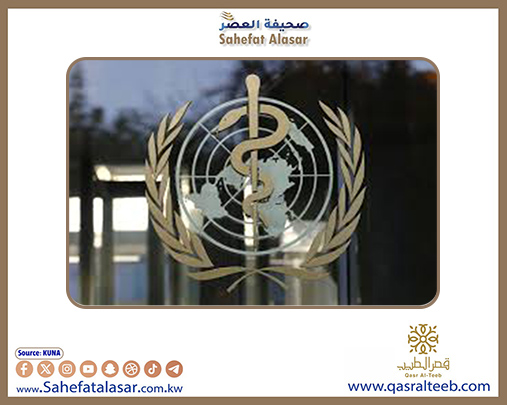


The World Health Assembly (WHA) – the highest decision-making body of the World Health Organization (WHO) – adopted a historic international agreement on Tuesday to strengthen global cooperation in pandemic prevention, preparedness, and response.
The agreement was approved after three years of intensive negotiations among WHO member states, culminating in a vote during the 78th session of the World Health Assembly in Geneva.
This landmark agreement represents the culmination of efforts by the Intergovernmental Negotiating Body (INB), established in December 2021 during the COVID-19 pandemic, to develop an international legal framework ensuring a more equitable and effective response to future health crises.
National Sovereignty & International Cooperation:
The agreement reaffirms countries' sovereignty in making their own health decisions while committing to enhanced international collaboration in areas such as:
Pandemic prevention
Strengthening research & development capacities
Technology transfer
Equitable distribution of health products
Establishing a global logistics network for medical supplies
Improving national health system preparedness
Pathogen Access & Benefit-Sharing Mechanism:
A new system will be created to ensure fair sharing of benefits derived from pathogen data.
One Health Approach:
Integrates human, animal, and environmental health strategies.
Support for Low-Resource Countries:
Includes technical and financial assistance for nations with limited resources.
The agreement establishes a legally binding global framework that:
Enhances international solidarity
Ensures better preparedness for future pandemics
Respects member states' autonomy in national health policies
The WHA session takes place amid what officials describe as WHO’s worst financial crisis, following the withdrawal of the United States (its largest donor) and reduced contributions from several member states.
The assembly will continue its proceedings in Geneva until May 27 under the theme "One World for Health."
